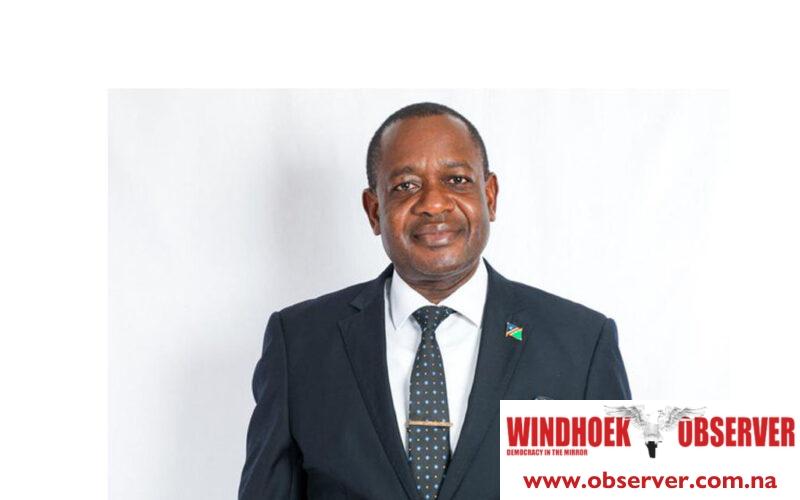Niël Terblanché
Dr Peya Mushelenga, the Minister of International Relations and Cooperation of Namibia, has urged for a unified effort to ensure the active involvement of women in decision-making processes in the peace and security structures of Africa.
This call to action was made during the African Union Seminar on Women, Peace, and Security, that was held in Swakopmund to highlight the critical role of women in the pursuit of global peace and development.
Mushelenga pointed to the essential subject of women in peace and security, stressing the importance of implementing the provisions of the United Nations Security Council Resolution (UNSCR) 1325.
Despite women’s increasing participation in peacebuilding and formal acknowledgement of their contributions, Mushelenga noted that substantial progress is still required to enhance women’s meaningful involvement in formal peace processes.
The Seminar served as a platform not only to amplify women’s voices and experiences but also to propose practical actions for advancing their participation, in line with the overarching themes of both the African Union’s Agenda 2063 and the UN Sustainable Development Goal Five.
These initiatives emphasize the intrinsic link between women’s participation and the attainment of sustainable development, peace, and security.
In 2022 and 2023, leaders and peacebuilders from across Africa called for the African Union to adopt a policy framework to boost women’s participation in peace processes, signalling a continent-wide recognition of the need for gender parity in peace and security initiatives.
Namibia, a pioneer in supporting the Women, Peace, and Security (WPS) agenda since independence in 1990, has shown commendable progress towards achieving equal representation of women and men in the National Assembly.
Mushelenga said that the country’s dedication to the WPS agenda is further evidenced by the establishment of the Namibia International Women’s Peace Centre in October 2020, aimed at promoting inclusive and sustainable peace both regionally and globally.
However, the challenges of implementing UNSCR 1325, as outlined in the publication “New Directions in Women, Peace and Security,” include the lack of resources, political will, and understanding of the core principles of the WPS agenda.
Mushelenga stressed the need for governments and international organizations to allocate resources and demonstrate a commitment to incorporating women meaningfully into peace-making efforts.
United Nations Special Representative, Parfait Onanga-Anyanga, during the seminar, advocated for the increased participation of women peacebuilders
Onanga-Anyanga said that the seminar is a hopeful step towards a future where women’s aspirations and contributions are central to peacebuilding, promising a more peaceful and prosperous world.




